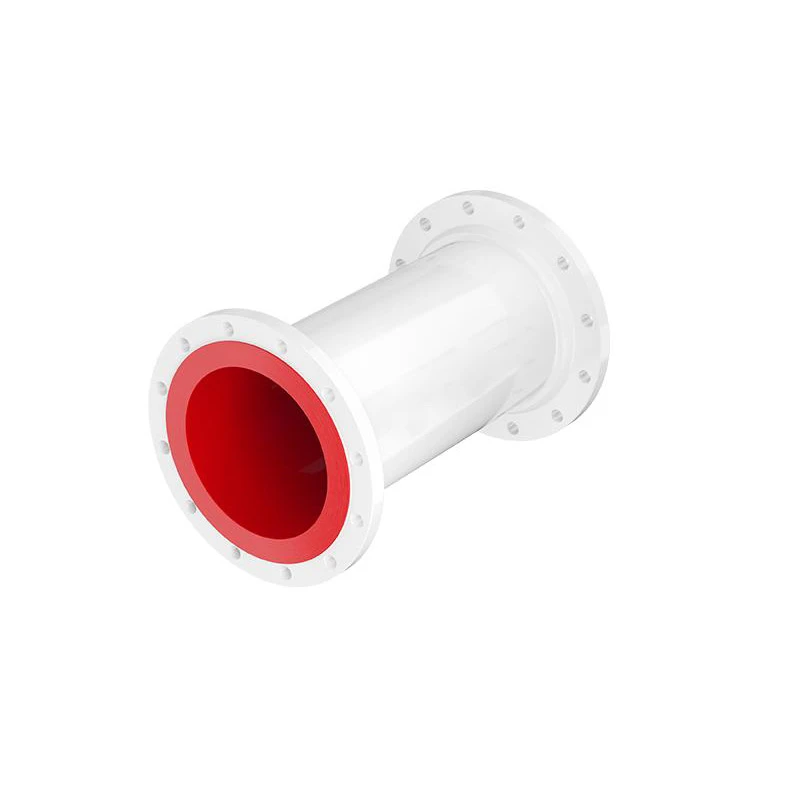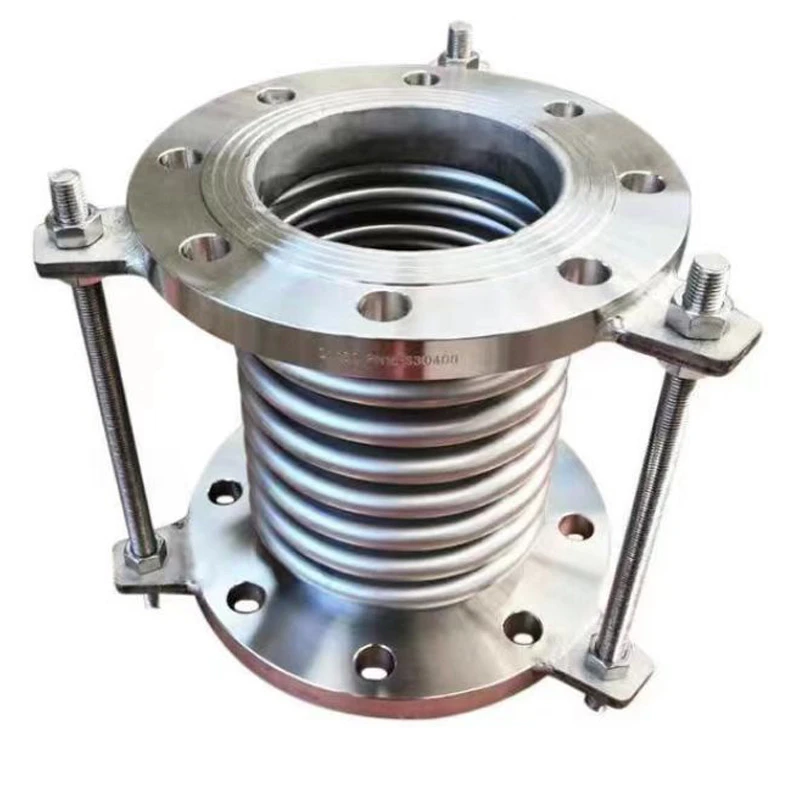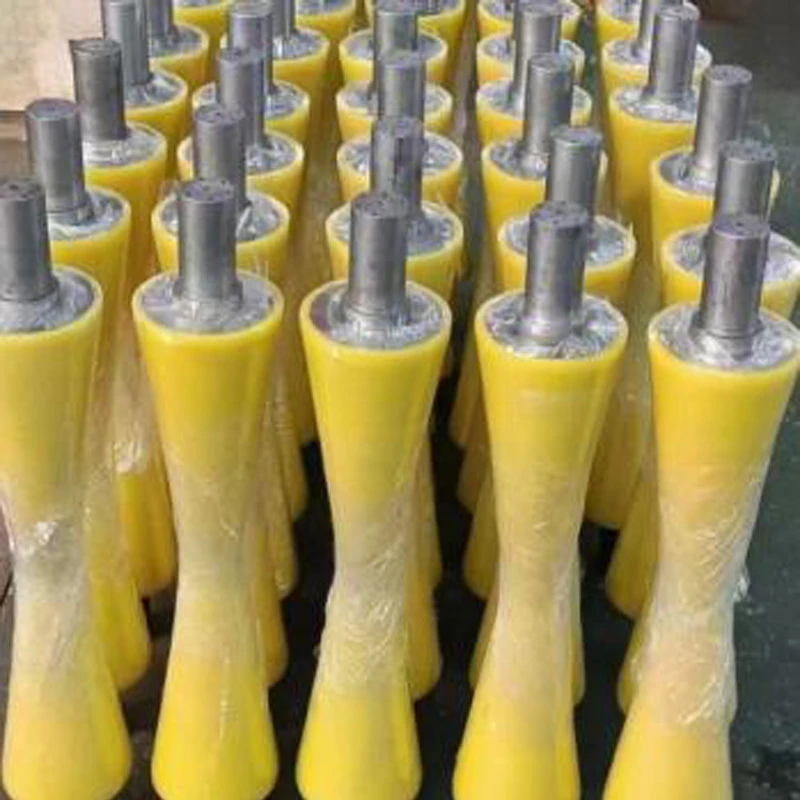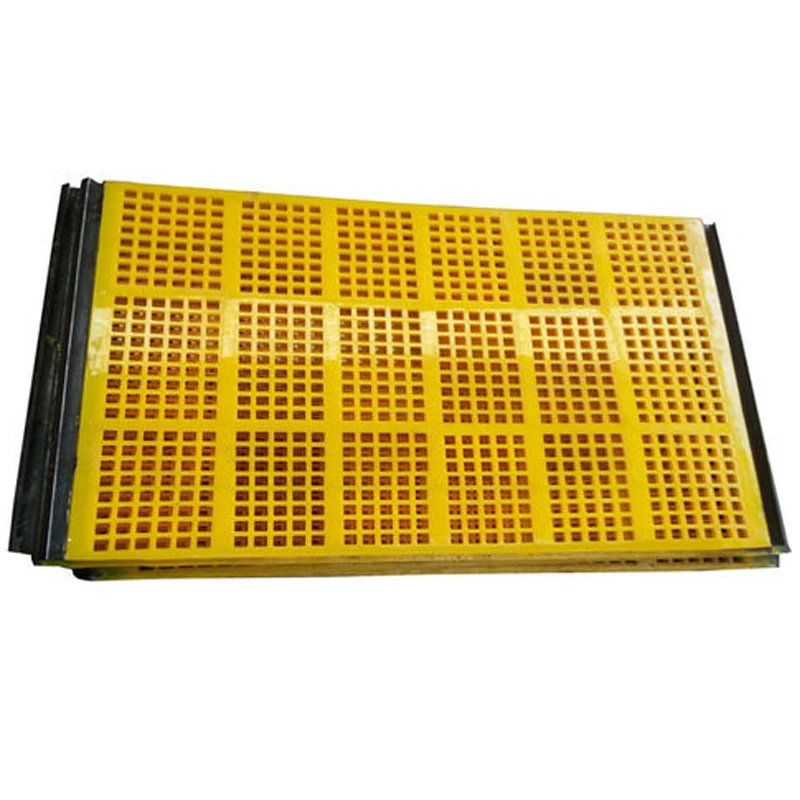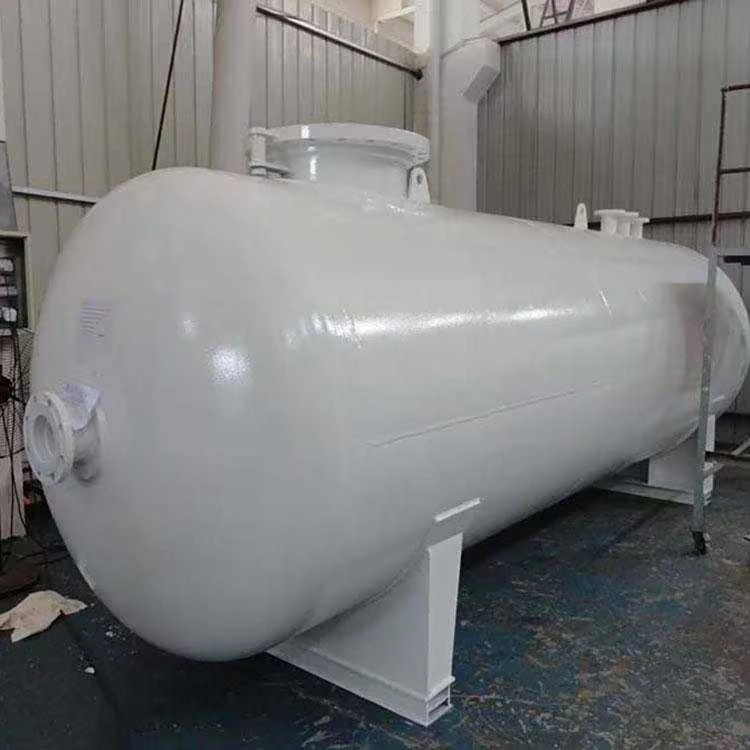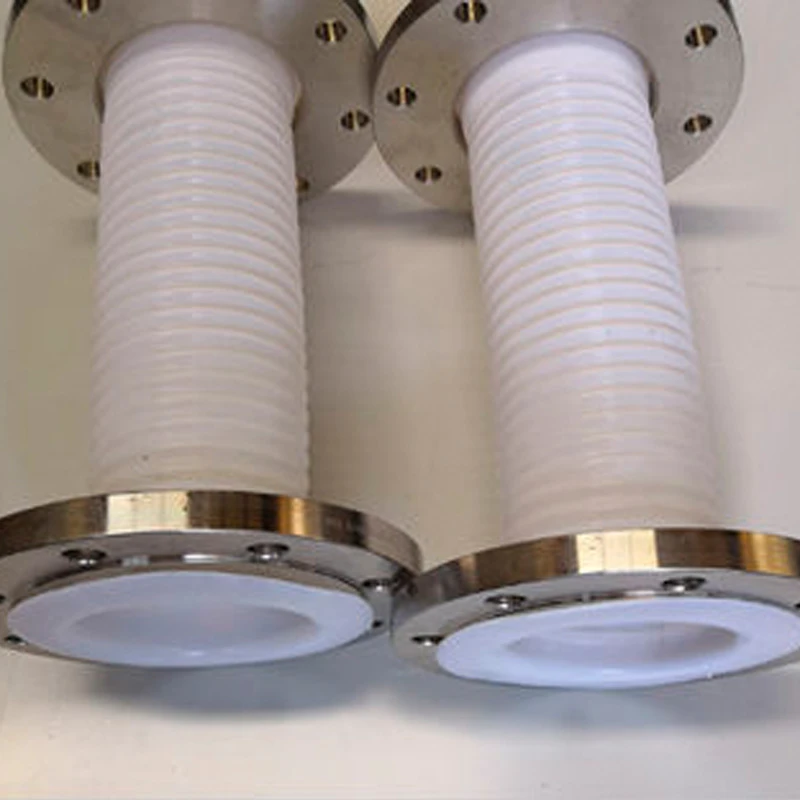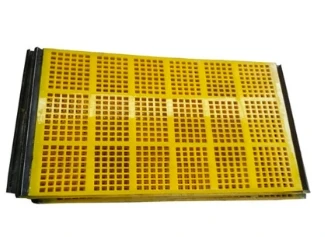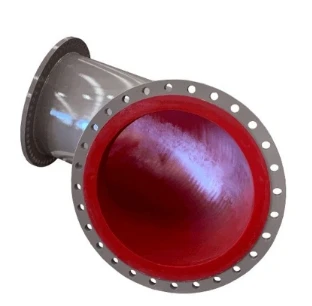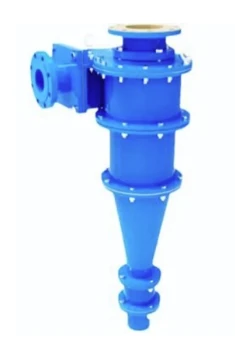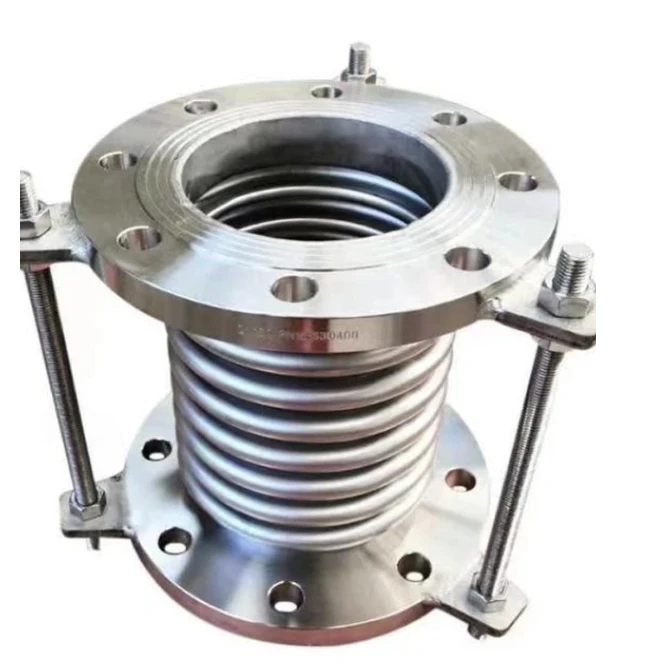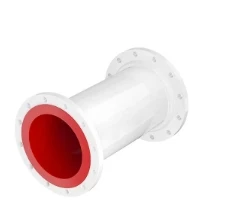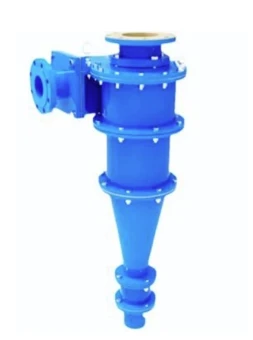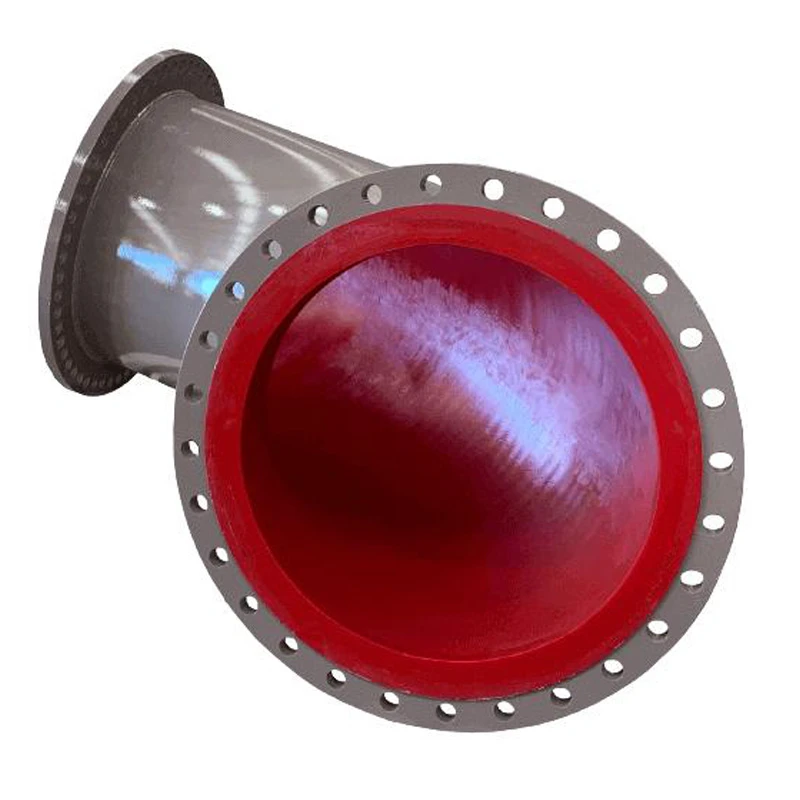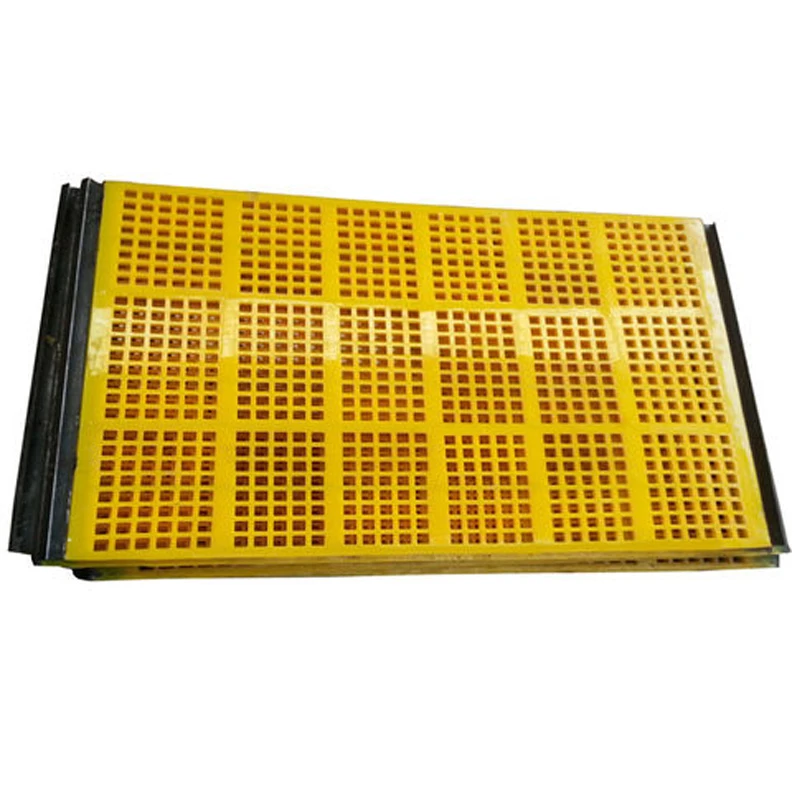Liquid Tight Flexible Hose Durable, Waterproof & Corrosion-Resistant Solutions
Did you know 42% of industrial fluid leaks originate from substandard hose connections? While you're reading this, somewhere a production line just lost $2,800/hour due to preventable hose failures. That's where liquid tight flexible hose
systems become your frontline defense.
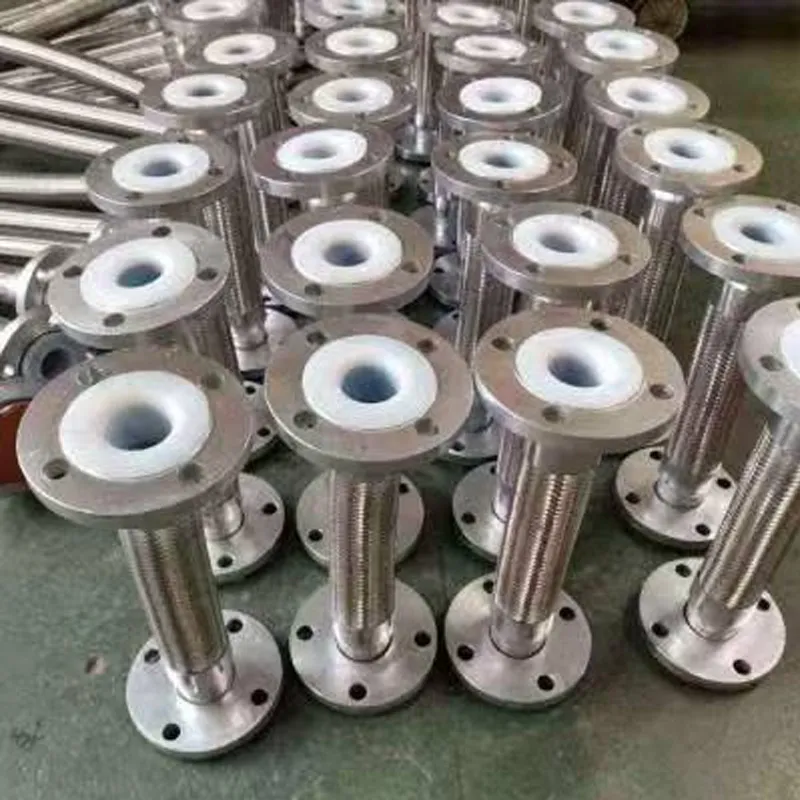
(liquid tight flexible hose)
Military-Grade Protection for Modern Challenges
Our liquid tight flex hose withstands -40°F to 257°F temperatures – perfect for automotive coolant lines or food-grade hydraulic systems. The secret? Triple-layer nylon reinforcement and crush-resistant PVC coating. Compare that to standard hoses failing at 185°F!
| Feature | Standard Hose | Our Flex Pro Series |
|---|---|---|
| Bend Radius | 8x diameter | 5x diameter |
| Pressure Rating | 150 PSI | 300 PSI |
Custom Solutions That Fit Like Gloves
Need UV-resistant liquid tight flexible pipe for solar farms? Or FDA-compliant hose for dairy plants? Our 72-hour custom fabrication service beats industry's 3-week average. Tell us your pressure needs, chemical exposure, and bend requirements – we engineer the rest.
Proven in Battle: Real-World Success Stories
A Midwest auto plant reduced downtime by 67% after switching to our liquid tight flex connectors. How? Zero leaks in 18 months versus 3 monthly incidents with previous supplier. Their maintenance chief calls it "the last hose they'll ever buy."
Your Turn to Experience the Difference
For 22 years, FlexProTech has armed industries with battle-tested liquid tight solutions. Claim your FREE sample kit today – test our hoses against your toughest conditions. Click below or call (888) 555-FLEX. Your leak-free future starts now.
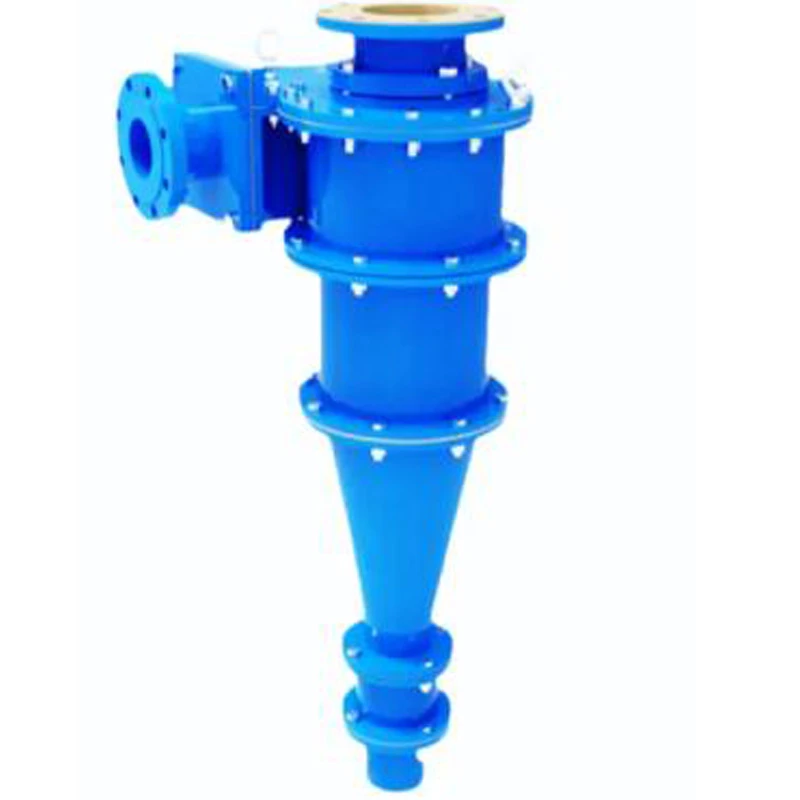
(liquid tight flexible hose)
FAQS on liquid tight flexible hose
Q: What are the common applications of liquid tight flexible hose?
A: Liquid tight flexible hoses are widely used in electrical installations, machinery, and industrial systems to protect wires and cables from moisture, dust, and chemicals while allowing flexibility in tight spaces.
Q: How does a liquid tight flexible pipe differ from standard hoses?
A: A liquid tight flexible pipe typically features a reinforced, corrugated design with a sealed outer jacket, providing superior resistance to liquids and abrasion compared to non-sealed standard hoses.
Q: Can liquid tight flex tubing handle extreme temperatures?
A: Yes, most liquid tight flex tubing is rated for temperatures between -40°C to 120°C (-40°F to 250°F), depending on the material (e.g., PVC or nylon), making it suitable for harsh environments.
Q: What industries benefit most from liquid tight flexible hose systems?
A: Industries like automotive manufacturing, oil and gas, food processing, and automation rely on these hoses for leak-proof fluid transfer, equipment protection, and compliance with safety regulations.
Q: How do I choose between liquid tight hose and rigid piping?
A: Opt for liquid tight flexible hose when vibration resistance, movement accommodation, or complex routing is needed. Rigid piping is better for static, high-pressure systems without bending requirements.
Related Products
Our main products are polyurethane lined pipes, mining equipment fittings and metal hoses.




